6 Unexpected Ways to Recharge for the New Year
Simple, surprising strategies to be mentally and physically ready for the New Year.
By Emma Haak
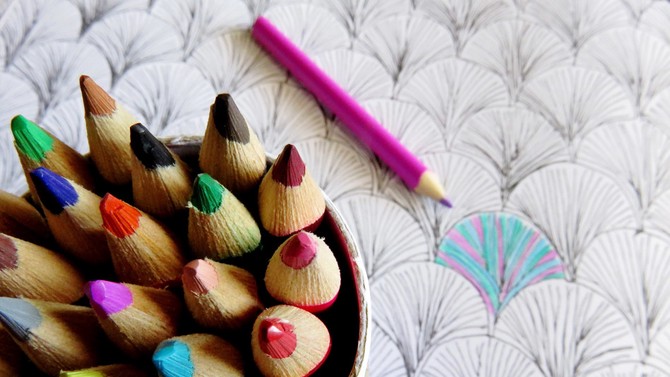
Photo: JDwow/Thinkstock
Your Goal: Manage stress
Try: Coloring books for adults
Why it works: We've seen them everywhere, and you probably have, too. Magical gardens, faraway cities, aquatic creatures, woodland nymphs and (almost goes without saying) Game of Thrones–themed books can whisk you away from your grown-up problems while you color inside the lines for a few minutes. Yes, it sounds a little silly and overly simplistic, but before you ignore the trend, consider the potential benefit: These books focus your attention on a very simple task to help crowd out negative, stressful thoughts, says Joe Taravella, PhD, a clinical psychologist and clinical assistant professor in the department of rehab medicine at NYU Langone Medical Center, in New York. The task doesn't require the same level of creativity as traditional art therapy (which is part of what makes art therapy effective), but that's also what makes it accessible. "There can be some anxiety with art therapy for people who don't consider themselves artistic," says Taravella. "They worry about what colors to choose, what to draw or paint, how it will come out. Coloring is just coloring." Consider it the new knitting.
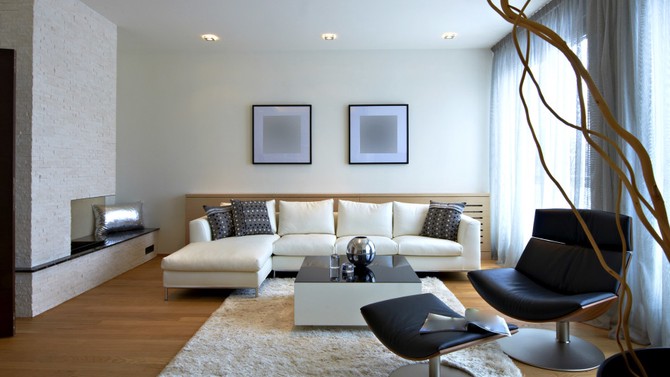
Photo: poplasen/Thinkstock
Your Goal: Fewer dips in attention or alertness
Try: Replacing incandescent bulbs in living spaces with LED
Why it works: By now, the reminder that blue light before bed is no good has been drilled into your brain (mostly by us), but the very reason it's bad for sleep makes it ideal for keeping you on the ball during the day. Blue-wave light increases alertness, attention and performance, according to research in Sleep. Natural sunlight is the best source we encounter every day, explains study author Shadab Rahman, PhD, a postdoctoral research fellow in medicine, division of sleep and circadian disorders at Brigham and Women's Hospital in Boston. But if hours spent outside are few and far between for you, LED bulbs contain far more short-wavelength (or blue) light than the yellowish incandescent ones. Just turn the LEDs off at least two hours before bed to avoid sleep issues, and consider making the bedroom an LED-free zone.
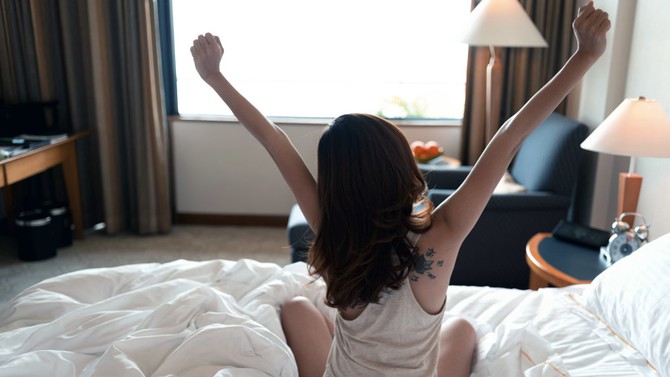
Photo: DragonImages/Thinkstock
Your Goal: Wake up happier and keep that good mood all day long
Try: Focusing on sleep quality over quantity
Why it works: A night full of awakenings does a bigger number on your mood than getting a short but continuous sleep, according to new research. Participants who were woken up by researchers every hour reported a more significant decrease in positive mood the following day compared with subjects who went to bed later but were allowed to sleep uninterrupted. Looking at participants brain wave readings, the researchers found that the disrupted snoozers got less slow-wave sleep, "which is essential for the type of deep sleep that helps you wake up feeling refreshed," says study author Patrick Finan, PhD, an assistant professor of psychiatry and behavioral sciences at Johns Hopkins Medicine, in Baltimore. "It may also have an effect on our reward system, which helps regulate positive mood." You're probably not dealing with forced hourly wakeups (we hope), but any type of disruption—insomnia, sleep apnea, needing to pee, a partner who snores like a chainsaw—could have a similar effect. Talk to your doctor about ways you can address whatever's keeping you from getting your uninterrupted rest.
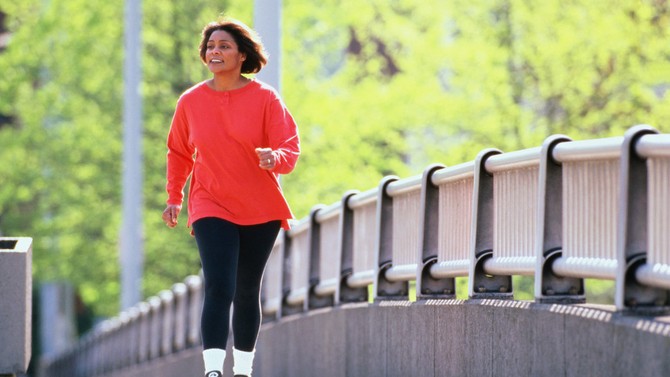
Photo: Jim Cummins/Getty Images
Your Goal: Bring your energy levels up
Try: Exercise, even a little bit
Why it works: We know you know that being active improves energy, and we also understand that the idea of schlepping to a group-class treadmill blitz can make you crave a nap, but here's the thing: It takes a pretty small amount of exercise to start reaping the benefits. Just 20 low-intensity minutes 3 times per week, in fact. Researchers at the University of Georgia, in Athens, put non-regular exercisers on that exact schedule (using stationary bikes) and found that their energy levels improved by 20 percent. Their fatigue levels improved by a whopping 65 percent, even more so than those of another study group that engaged in moderate intensity exercise for the same duration and frequency.

Photo: AaronAmat/Thinkstock
You Goal: Be happier
Try: One thing to improve your financial health
Why it works: Issues surrounding finances can make anyone pretty miserable. Seventy-two percent of us feel stressed over money at least some of the time, and 26 percent say our thoughts are consumed by financial matters most or all of the time, according to a 2014 survey from the American Psychological Association. Another recent survey, of more 60,000 Australians, found that financial control is one of three factors in the "golden triangle of happiness," or the elements essential for a sense of wellbeing, so decreasing money worries is a good place to start (the other two factors: a sense of purpose and satisfying personal relationships). Try one of Suze Orman's 9 small financial steps that will pay off big in the future.
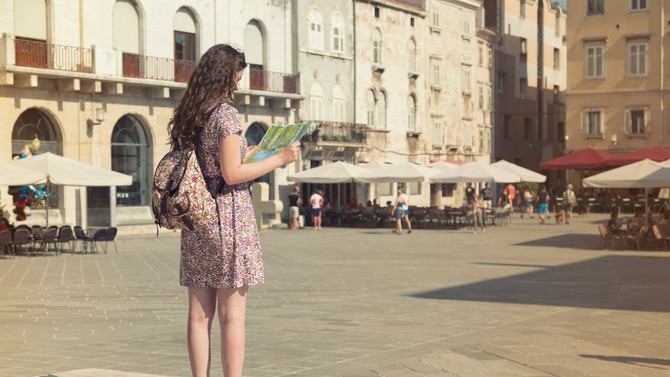
Photo: SrdjanPav/Thinkstock
Your Goal: Think more creatively
Try: A taste of a lifestyle that's different from your own
Why it works: Research has found that immersing yourself in a new culture delivers a jolt of creativity. "Something as simple as seeing how different people view the same object makes you more flexible in your thinking," explains Adam Galinsky, PhD, a professor at Columbia Business School, in New York, who's studied the link between time spent abroad and creativity. (His example: You might learn that in China it's considered polite to leave some food on your plate because it signals that your host has graciously given you enough to eat. In Britain, though, it's a sign of disrespect, because it implies you weren't too keen on the meal.) If this is giving you an itch to hop on a plane to pretty much anywhere, we're right there with you, but for a similar benefit closer to home, Galinsky recommends spending a day exploring a new neighborhood with a distinctive culture—eat in the restaurants, explore the shops and do you best to play local instead of tourist.
Published 11/23/2015

